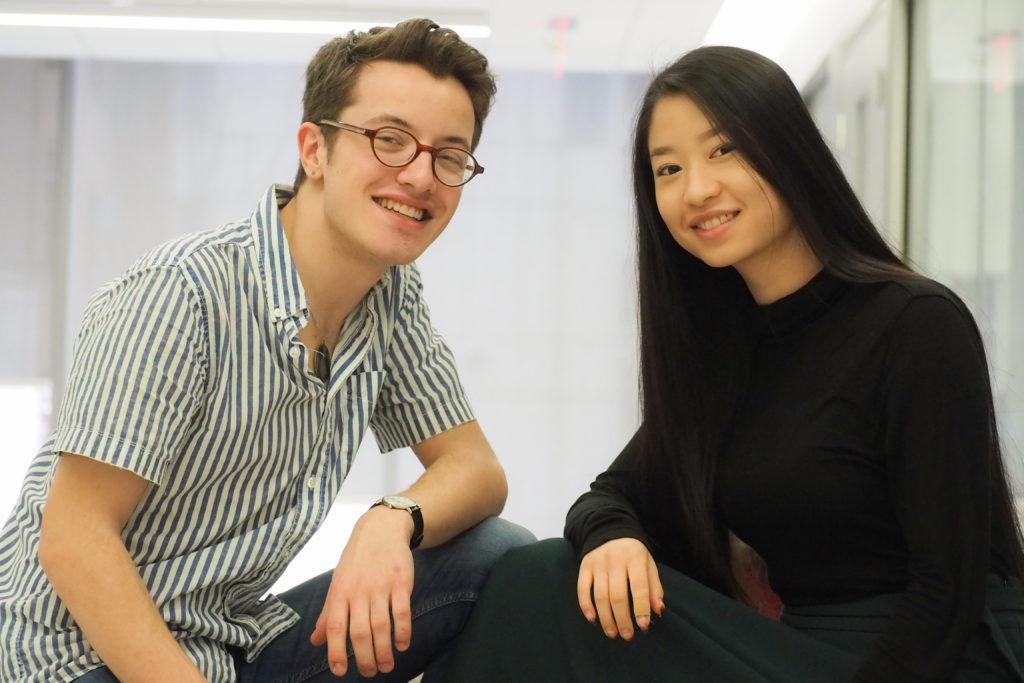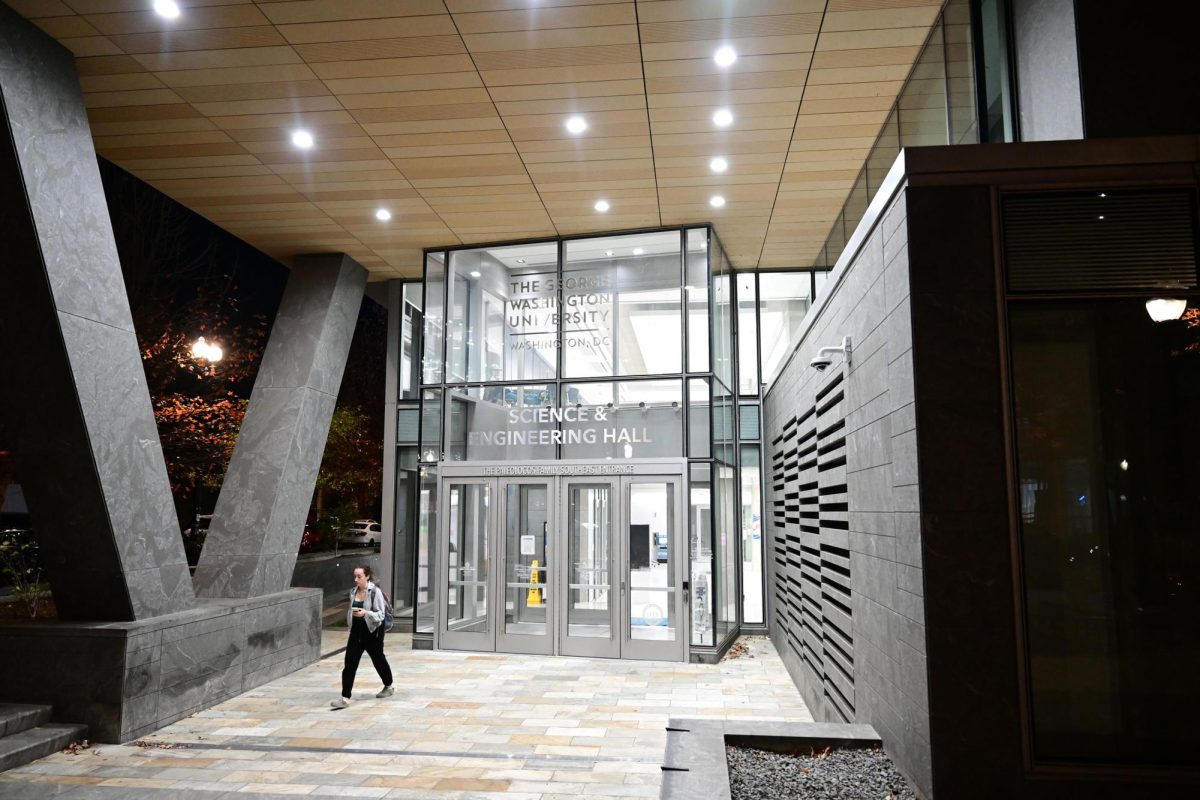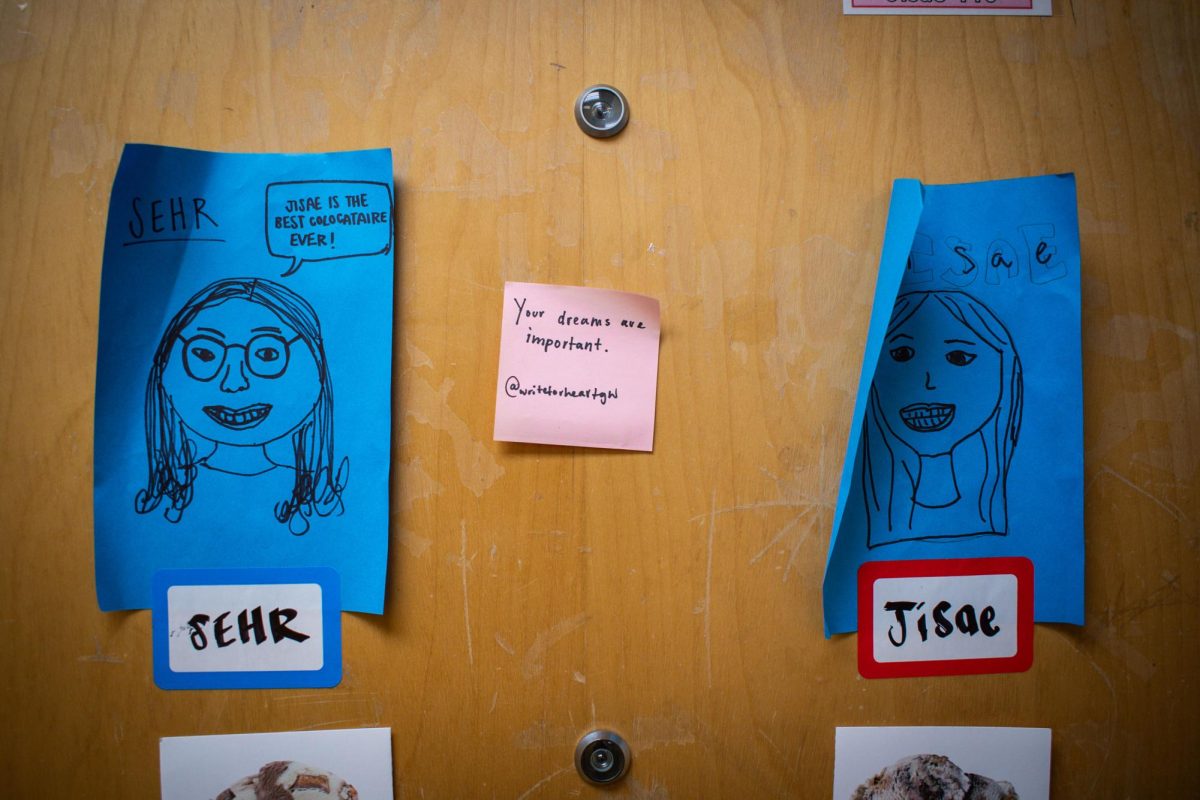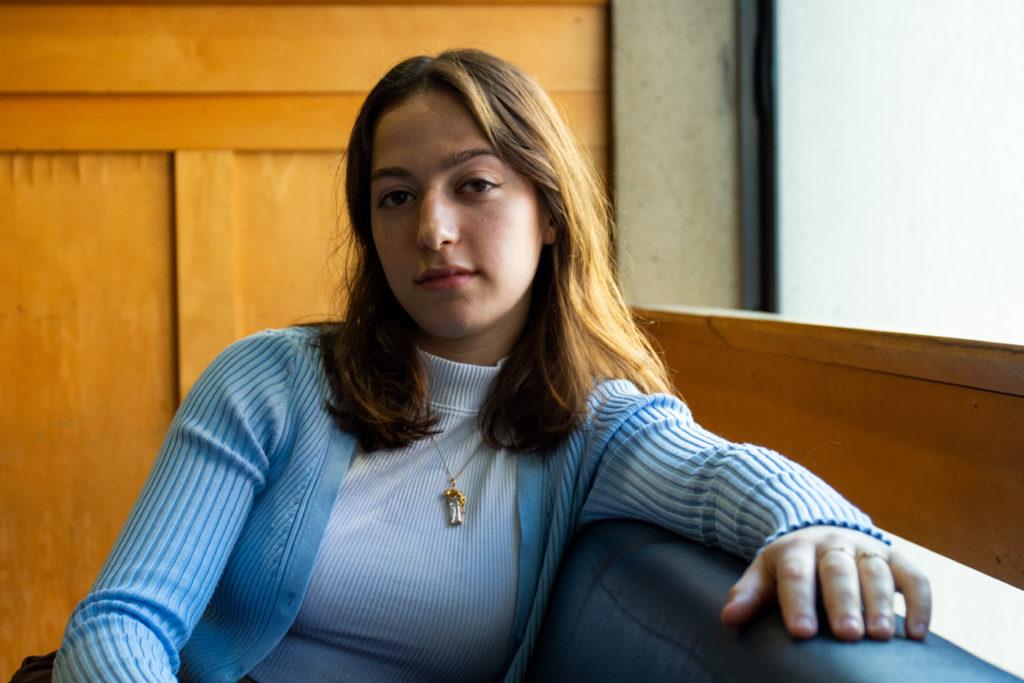A group of students are launching an organization to raise awareness about being a foster or adopted child.
Juniors Christopher von Claparede and Nicole Wolkov co-founded the GW Adopted and Fostered Student Association earlier this month to help spread awareness about the adoption and foster process and create connections between students who join. Students who created the group said they want members to share stories about their adoption or foster care to open more dialogue about the two experiences.
The founders will hold the association’s first general body meeting next Thursday at 8 p.m. in District House to introduce the association and discuss plans for the semester, Wolkov said. The founders said they want to brainstorm future events to fundraise for D.C.-based charity and advocacy organizations like the Barker Foundation and Casa for Children of D.C.
“The first thing we want to do is establish a community here at GW so that adopted and fostered students know that we’re here on campus and it’s just here to provide any sort of community they are seeking,” she said.
Wolkov, who was adopted from China but grew up in California, said she wants the organization to help adopted and fostered students find a place to share their experiences with students who are curious to understand the adoption process or to peers who have similar stories. She said students sometimes ask her about her adoption but are often embarrassed to ask questions.
“Every time that I have talked about my adoption with people, they have always been very curious and want to ask questions, but they do not know how to approach it,” Wolkov said.
She said association will allow students to have open discussions, ask questions and educate people about adoption so the topic is less “taboo.” Wolkov said she has been corresponding with organizations on campus like the Chinese American Student Association to help spread the word about AFSA and work on joint advocacy projects in the future.
Claparede, one of the organization’s co-founders, said he was adopted from Almaty, Kazakhstan after living in an orphanage for almost two years and grew up in Michigan with a German father and American mother. He said his adoption was never kept a secret from him, so he has always incorporated his background into his identity and advocated to educate others about the process.
Claparede said he was surprised at the lack of community for adopted students at GW and wants the association to open up a space for adopted and fostered students and provide visibility to their peers.
“Part of this club is creating a space to both adopted and foster students to come together to talk about their stories,” Claparede said. “There are things I can talk about with Nicole that she just gets, it’s like we skip a step.”
Claparede added that he and Wolkov want members to organize fundraisers to benefit fostered and adopted children around D.C. and host speakers this semester to discuss topics like international adoption and the politics of adoption.
About 22,700 children were adopted both internationally and nationally in 2005, but only about 4,000 adoptions were recorded in 2018, according to the U.S Bureau of Consular Affairs.
“The international adoption rate has been going down to my recollection and so, ‘Why is that?,’” he said. “We want to discuss things like that.”
Jenna Berman, a freshman at GW studying biology and a member of the organization, said she feels that people are hesitant about how to respond when she tells someone she is adopted. Berman said she was adopted at about 2 years old from the Guanxi Province of Guilin, China and has grown up in Blue Bell, Pennsylvania.
Berman said she wants the groups to give students a space to ask questions about the adoption and fostering processes. She said she wants to break the stigma about adopted kids and help to educate the community by sharing her own adoption story, saying group members are still brainstorming ways to host a forum on the topic.
“When I tell people that I am adopted or they see both my parents are a different race than I am, they don’t really know what to say and feel hesitant to ask questions,” Berman said. “What they don’t know is that I actually like talking about it because it’s an interesting topic, and I like talking about my own story because each adoption story is different.”








